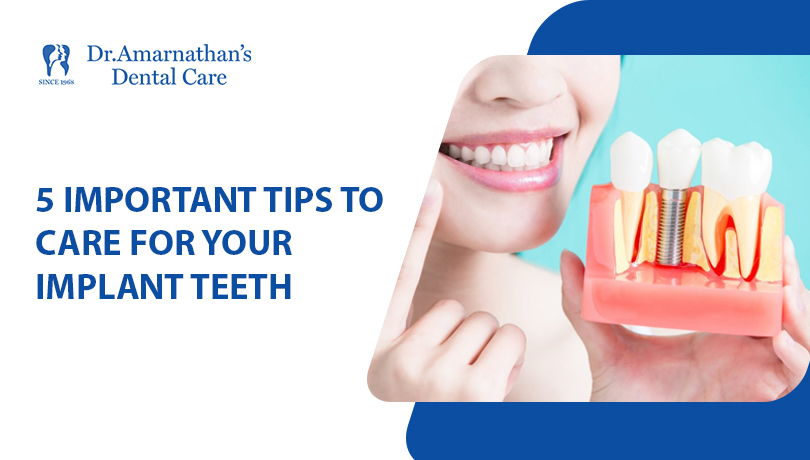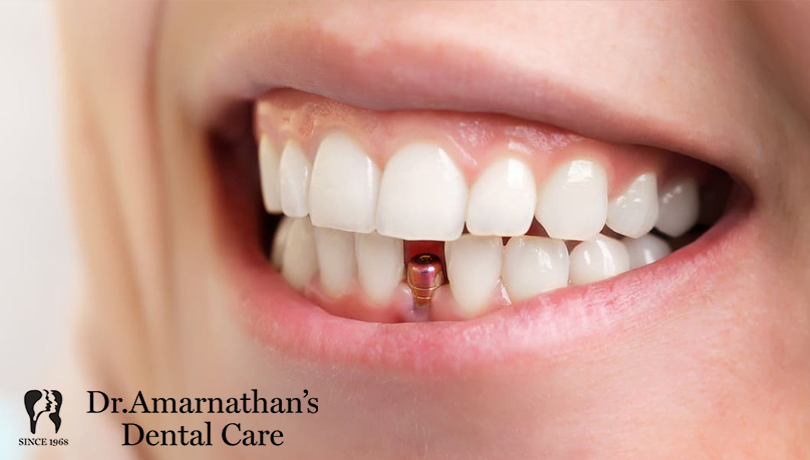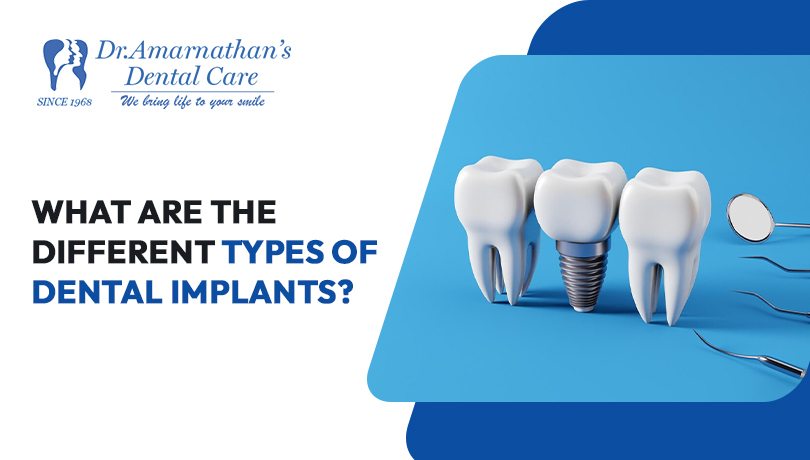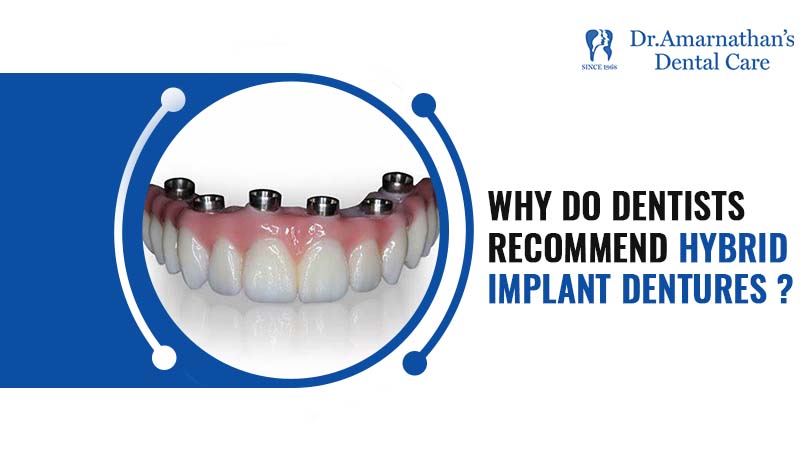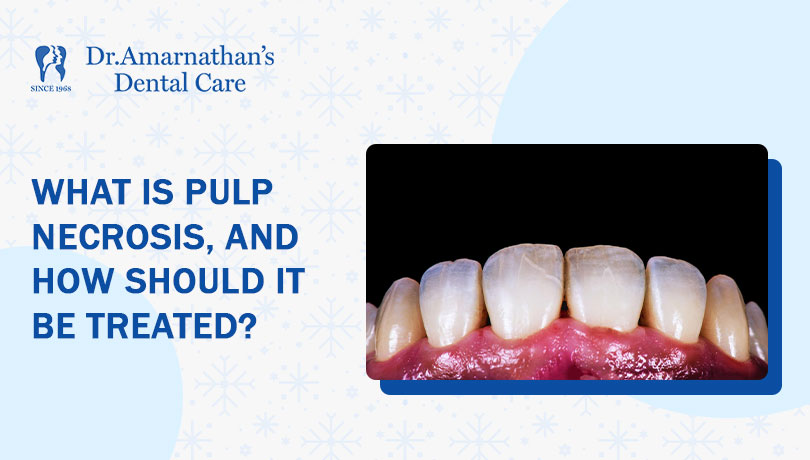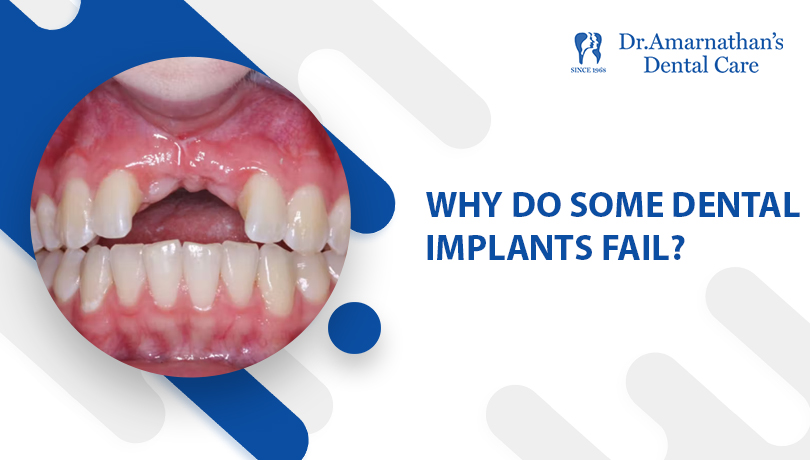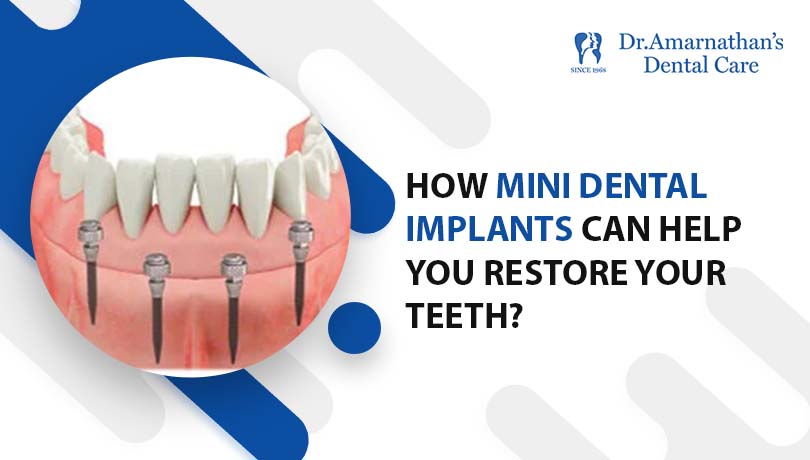
How mini dental implants can help you restore your teeth?
Do you want to replace your missing teeth but do not have enough jawbone to support traditional implants?
Mini Dental Implant (MIDI) might be the best solution for you.
Since the earliest times, it has been difficult to find the ideal solution to replace missing teeth. Dentures were previously the usual way of replacing missing teeth. Now there are options for better oral care and understanding of oral health which has led to solutions for the majority of dental issues.
What are Mini Dental Implants?
Mini dental implants work exactly as well as traditional dental implants and it has the same structure as regular implants. However, they are smaller in size and they have some extra advantages such as the fact that the operation is simpler.
It is thought to be the best option for those who cannot get regular implants. However, they are not a good fit for all tooth loss.
They differ from conventional implants in that they are made of a single, less than 3mm diameter screw with a ball-shaped end that protrudes from the jawbone.
What are the advantages of getting mini dental implants?
It can be used to replace a single missing tooth or multiple missing teeth or to stabilize dentures. These implants may offer a variety of advantages such as:
- This procedure involves less invasive surgery than regular implants.
- It has a faster recovery time.
- Traditional dental implants need a certain amount of jawbone density to support their size. But mini implants are smaller and they don’t need as much jawbone density.
- This procedure can be performed without bone grafting
- Traditional dental implants require multiple visits to complete the procedure. This is because it is not possible to implant replacement teeth on traditional implant screws until the jaw and gums have fully recovered. However, in mini dental implants, teeth replacement can often be placed on the same day as the implant procedure.
- It can be a good option to replace small teeth or fit into narrow openings and as well as people with small jaws.
- It is quite affordable than traditional implants.
- Less pain and discomfort.
What drawbacks do mini dental implants have?
The following are the disadvantages of mini dental implants:
- They are not as strong and long-lasting as traditional dental implants.
- It might not be a good option for those grinding their teeth.
- You would still need to wear dentures if you had these implants.
- They need to be replaced in a shorter time than traditional implants.
- They are temporary in many cases, they are not meant to be a permanent replacement for extracted teeth.
What is the process for placing a mini dental implant?
An x-ray is taken as a preliminary measure before beginning implant treatment. Your dentist needs to take an x-ray of your mouth to determine the proper placement for the implants.
Once the x-ray did then they will,
1) Use a local anesthetic to numb your gum and jaw.
2) Drill a tiny hole in your jawbone.
3) Insert a metal dental impact post inside the hole.
4) Ensure an implant post is placed securely and tightened.
5) Attach the replacement tooth to the post
6) Make sure the replacement post is placed properly.
How long will it take to recover from mini implant surgery?
The recovery after a mini-dental implant surgery is easy and quick. Most of the patients find that they can resume their regular activities within one or two days.
You might experience pain and soreness during the procedure. Applying ice and over-the-counter painkillers such as ibuprofen can help eliminate the pain. Your dentist might suggest some prescription medications that also help you to manage the pain.
Avoid eating hard and sticky foods for a few days following this procedure. This will lessen the chance that the implant may become loose or fall out.
If you are experiencing any unexpected after this procedure you must visit your dental doctor immediately. They include,
- Severe pain or discomfort
- Long-lasting pain for more than a few days
- If a dental implant becomes loose or dislodges
- Numbness around the jaw area
How long do Mini Dental Implants last?
They do have a shorter lifespan of six to nine years as compared to standard implants, which, with proper maintenance, can last 15 years or longer.
Bottom line
Though mini dental implants are a great option for you, you should take care of this same as your natural teeth. They can wear down or decay if you do not follow the proper dental hygiene. Keep in mind that brushing your teeth twice a day, flossing every day, and visiting your dentist for regular checkups make your implant stay intact.



